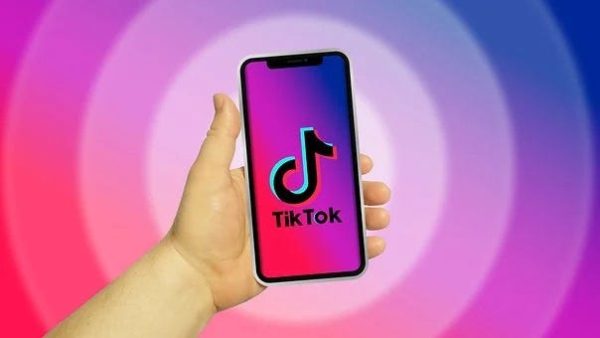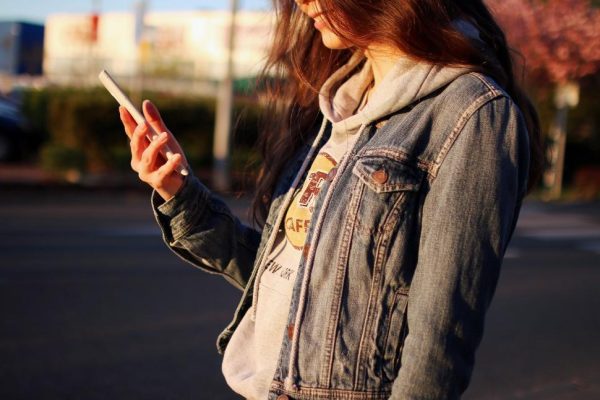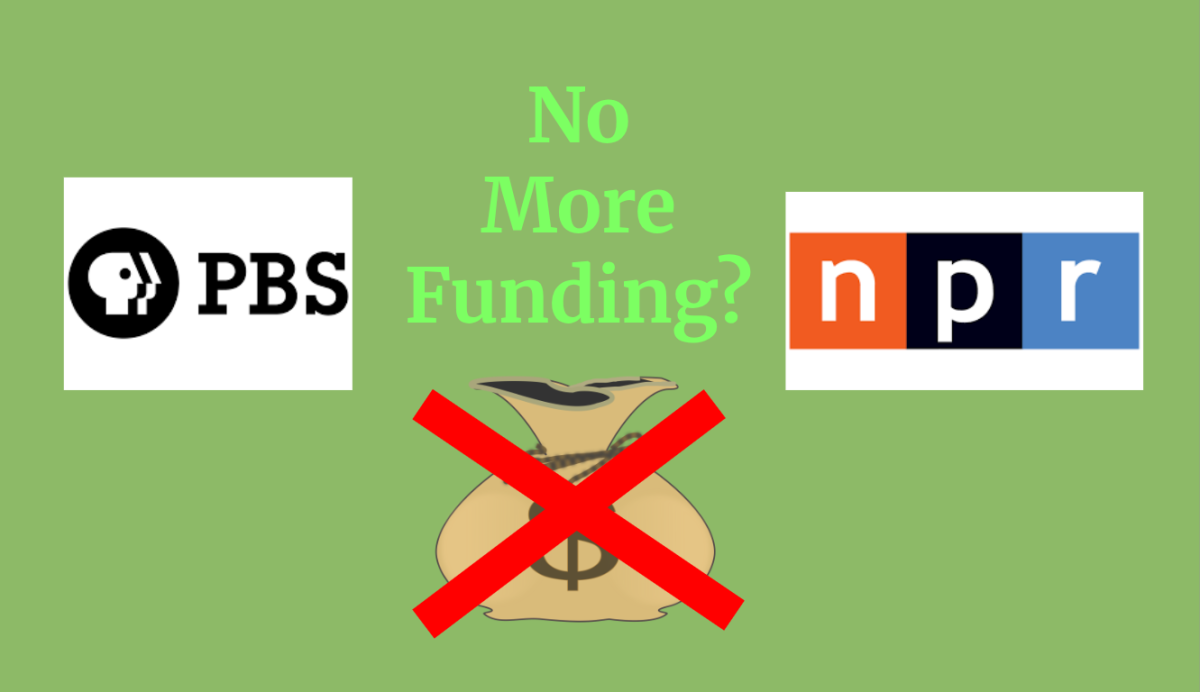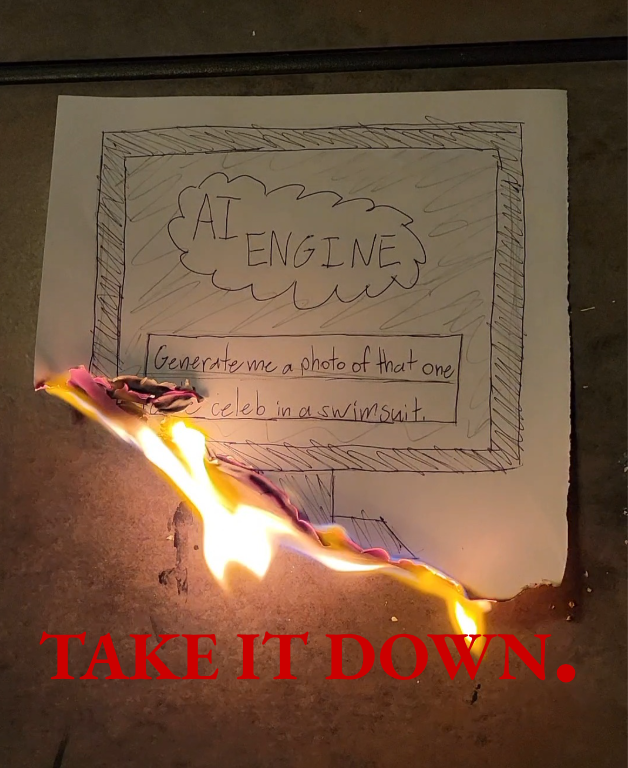TikTok has been a subject of controversy lately. While the app is a popular source of entertainment among teens, many are concerned about the platform’s addictive nature. Some politicians also deem the app a threat to national security (TikTok is owned by the Chinese company ByteDance). President Biden signed a law on April 24th that required ByteDance to sell to a non-Chinese owner by January 19th. The ultimatum would be a national ban. This matter was appealed to federal court on September 16th and is awaiting a final decision.

However, a recent lawsuit may impact Tiktok’s fate. On October 9th, Kentucky became the 13th state to sue the platform. Following a two-year investigation, Attorney General Russel Coleman’s lawsuit revealed that Tiktok executives were actively promoting the app’s harmful nature. The proceedings of this case were intended to be sealed. However, documents from the case were briefly publicized after the lawsuit took place by sites like NPR and the Kentucky Public Radio.
TikTok has recently added features such as usage reminders and parental controls. However, Coleman’s sources catch executives admitting these measures are designed to ‘improve public trust’ instead of reducing screen time. One project manager allegedly claimed, “Our goal is not to reduce the time spent.” It goes without saying that companies are motivated by profit. What makes this case unique is the blatant (and documented) disregard by the platform. Responses to this issue have been mixed.
“I see what they’re saying about ‘promoting’ dangerous things, but there are worse apps doing the same thing.” Points out student Taylon Mitchell.
Others, such as 28-year-old Samantha Mendez, are unphased by the idea of a ban. “I’m not too concerned about losing Tiktok. I don’t use it very often and there are alternatives,” she admits.
However, for those who constantly use the app, or are trying it for the first time, media consumption is a slippery slope. Investigators found that it takes only 30 minutes (about 260 videos) to become fully addicted to the app. While this may seem like a lot, TikToks are an average of 35 seconds long, with some as short as 5 seconds.

TikTok has since defended itself. Spokesperson Alex Haurek condemned NPR, saying, “It is highly irresponsible of the associated press to publish information that is under a court seal. This complaint cherry-picks misleading quotes and takes outdated documents out of context.” Haurek goes on to say “We [Tiktok] have robust safeguards, which include proactively removing underaged users, and we have voluntarily launched safety features such as default screentime limits, family pairing, and privacy by default for minors under 16.”
Nevertheless, there is still skepticism about the app. “As a parent and educator, I’m very concerned about the attention span of children,” says Carrie Louge.







